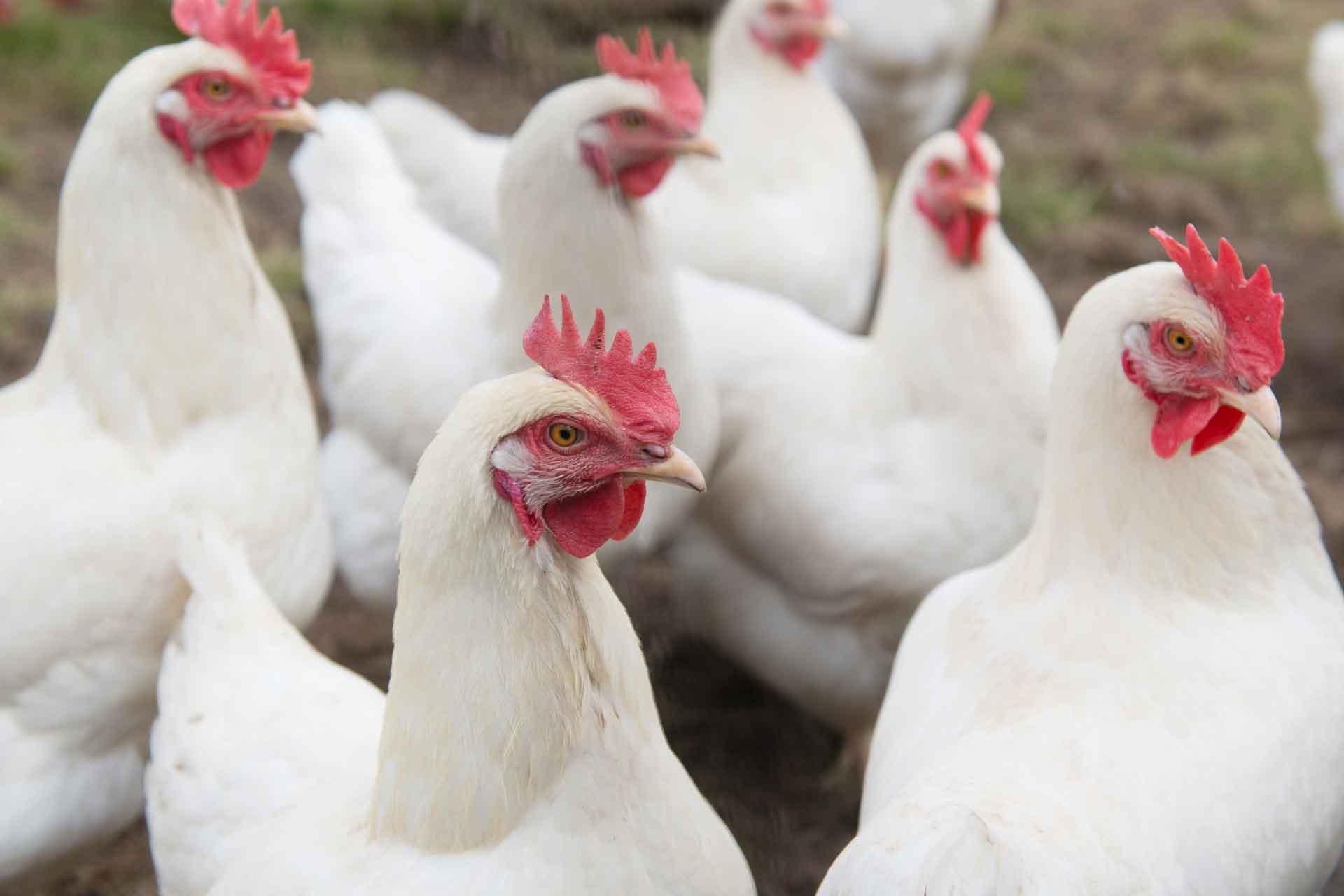Chicken Glycogen Synthase Kinase 3β Suppresses Innate Immune Responses and Enhances Avian Leukosis Virus Replication in DF-1 Cells
Glycogen synthase kinase 3β (GSK3β) is a widely distributed multifunctional serine/threonine kinase. In mammals, GSK3β regulates important life activities such as proinflammatory response, anti-inflammatory response, immunity, and cancer development. However, the biological functions of chicken GSK3β (chGSK3β) are still unknown. In the present study, the full-length cDNA of chGSK3β was first cloned and analyzed. Absolute quantification of chicken chGSK3β in 1-day-old specific-pathogen-free birds has shown that it is widely expressed in all tissues, with the highest level in brain and the lowest level in pancreas. Overexpression of chGSK3β in DF-1 cells significantly decreased the gene expression levels of interferon beta (IFN-β), IFN regulatory factor 7 (IRF7), Toll-like receptor 3 (TLR3), melanoma differentiation-associated protein 5 (MDA5), MX-1, protein kinase R (PKR), and oligoadenylate synthase-like (OASL), while promoting the replication of avian leukosis virus subgroup J (ALV-J). Conversely, levels of most of the genes detected in this study were increased when chGSK3β expression was knocked down using small interfering RNA (siRNA), which also inhibited the replication of ALV-J. These results suggest that chGSK3β plays an important role in the antiviral innate immune response in DF-1 cells, and it will be valuable to carry out further studies on the biological functions of chGSK3β. IMPORTANCE GSK3β regulates many life activities in mammals. Recent studies revealed that chGSK3β was involved in regulating antiviral innate immunity in DF-1 cells and also could positively regulate ALV-J replication. These results provide new insights into the biofunction of chGSK3β and the virus-host interactions of ALV-J. In addition, this study provides a basis for further research on the function of GSK3 in poultry.

